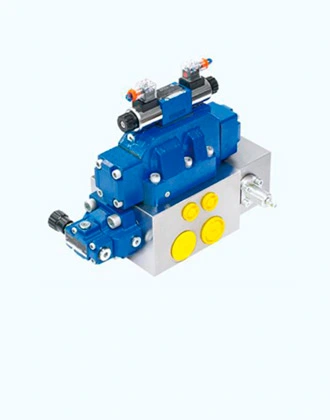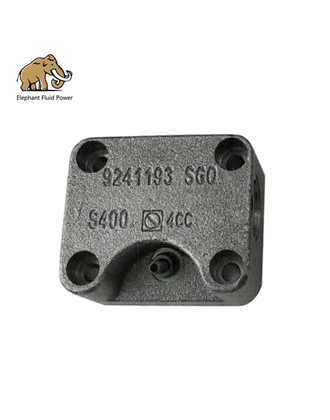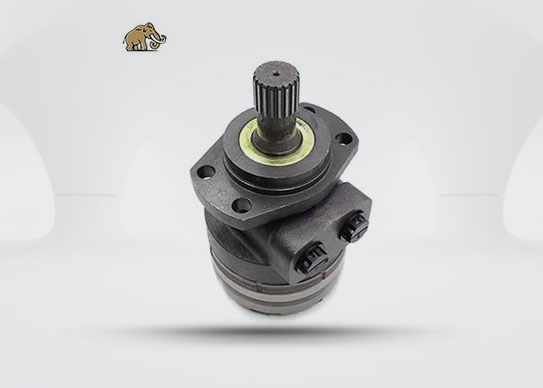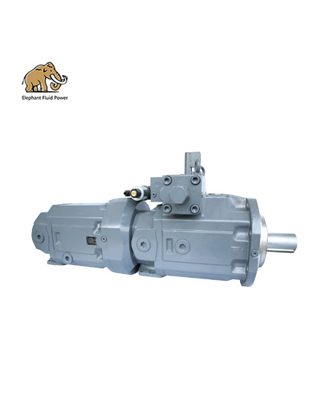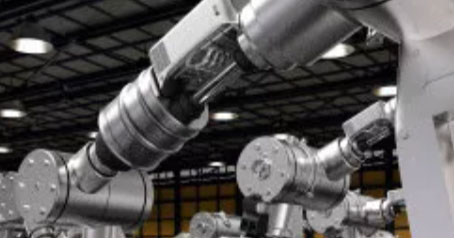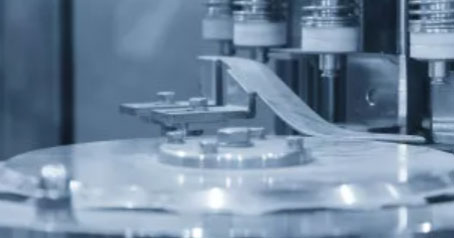The debate between the two most popular linear actuator designs has been raging for many years and it doesn't look like there will be any resolution any time soon. Whichever camp you happen to be in, whether you are a proponent of the electric or hydraulic motor style, you must acknowledge that both designs perform the same function. Each linear actuator has its own advantages and disadvantages that put them ahead of their peers in their particular field, but they are often difficult to identify and compare. Before you discuss which is better, you should make sure you know how they actually work.
I. Definition of electric and hydraulic motors
An electric motor is an electric linear actuator that converts electrical energy into torque by connecting the motor to a screw, which then rotates against a fixed ball nut or threaded guide. As the screw rotates, the nut is driven along the threads, thereby generating torque. The direction of movement of the nut depends on the direction of rotation of the screw and is also used to return the actuator to its original position.
Hydraulic motors are designed to work in a different way with these actuators. The pressure from the incompressible fluid causes the piston to move inside the cylinder. As the pressure increases, the cylinder moves along the axis of the piston, thus generating a linear force. Rebound forces or fluid entering the other side force the piston back to its original position. Hydraulic motors are some of the most reliable and powerful actuators available today and are widely used in domestic and industrial systems and machinery.
II. Benefits of electric and hydraulic motors
Benefits of electric motors: Electric motors offer the most precise and easily controlled positioning. The settings are easily scalable for any purpose or force required. They are quiet, smooth and easily repeatable. The electrical systems can be networked and reprogrammed very quickly. They also provide instant feedback for diagnostic and maintenance purposes.
Benefits of hydraulic motors: The hydraulic design is reliable, robust and ideal for a wide range of high force applications. Their size can produce incredible forces; up to 25 times greater than similarly sized pneumatic designs. The hydraulic motor design allows more structural flexibility because of their resilience and their system's ability to place the pump and motor a long way from the main system components. Hydraulic motors can maintain torque and force at constant levels without the need to supply additional fluid/pressure to the pump. With working pressures of up to 4,000 psi, hydraulic systems can handle a larger range of system specifications.
 French
French
 Portuguese
Portuguese
 Russian
Russian
 German
German
 Spanish
Spanish
 Japanese
Japanese
 Korean
Korean
 Irish
Irish
 Greek
Greek
 Turkish
Turkish
 Italian
Italian
 Danish
Danish
 Romanian
Romanian
 Indonesian
Indonesian
 Czech
Czech
 Afrikaans
Afrikaans
 Swedish
Swedish
 Polish
Polish
 Basque
Basque
 Catalan
Catalan
 Esperanto
Esperanto
 Hindi
Hindi
 Lao
Lao
 Albanian
Albanian
 Amharic
Amharic
 Armenian
Armenian
 Azerbaijani
Azerbaijani
 Belarusian
Belarusian
 Bengali
Bengali
 Bosnian
Bosnian
 Bulgarian
Bulgarian
 Cebuano
Cebuano
 Chichewa
Chichewa
 Corsican
Corsican
 Croatian
Croatian
 Dutch
Dutch
 Estonian
Estonian
 Filipino
Filipino
 Finnish
Finnish
 Frisian
Frisian
 Galician
Galician
 Georgian
Georgian
 Gujarati
Gujarati
 Haitian
Haitian
 Hausa
Hausa
 Hawaiian
Hawaiian
 Hebrew
Hebrew
 Hmong
Hmong
 Hungarian
Hungarian
 Icelandic
Icelandic
 Igbo
Igbo
 Javanese
Javanese
 Kannada
Kannada
 Kazakh
Kazakh
 Khmer
Khmer
 Kurdish
Kurdish
 Kyrgyz
Kyrgyz
 Latin
Latin
 Latvian
Latvian
 Lithuanian
Lithuanian
 Luxembourg
Luxembourg
 Macedoniar
Macedoniar
 Malagasy
Malagasy
 Malay
Malay
 Malayalam
Malayalam
 Maltese
Maltese
 Maori
Maori
 Marathi
Marathi
 Mongolian
Mongolian
 Burmese
Burmese
 Nepali
Nepali
 Norwegian
Norwegian
 Pashto
Pashto
 Persian
Persian
 Punjabi
Punjabi
 Serbian
Serbian
 Sesotho
Sesotho
 Sinhala
Sinhala
 Slovak
Slovak
 Slovenian
Slovenian
 Somali
Somali
 Samoan
Samoan
 Scots Gaelic
Scots Gaelic
 Shona
Shona
 Sindhi
Sindhi
 Sundanese
Sundanese
 Swahili
Swahili
 Tajik
Tajik
 Tamil
Tamil
 Telugu
Telugu
 Thai
Thai
 Ukrainian
Ukrainian
 Urdu
Urdu
 Uzbek
Uzbek
 Vietnamese
Vietnamese
 Welsh
Welsh
 Xhosa
Xhosa
 Yiddish
Yiddish
 Yoruba
Yoruba
 Zulu
Zulu

